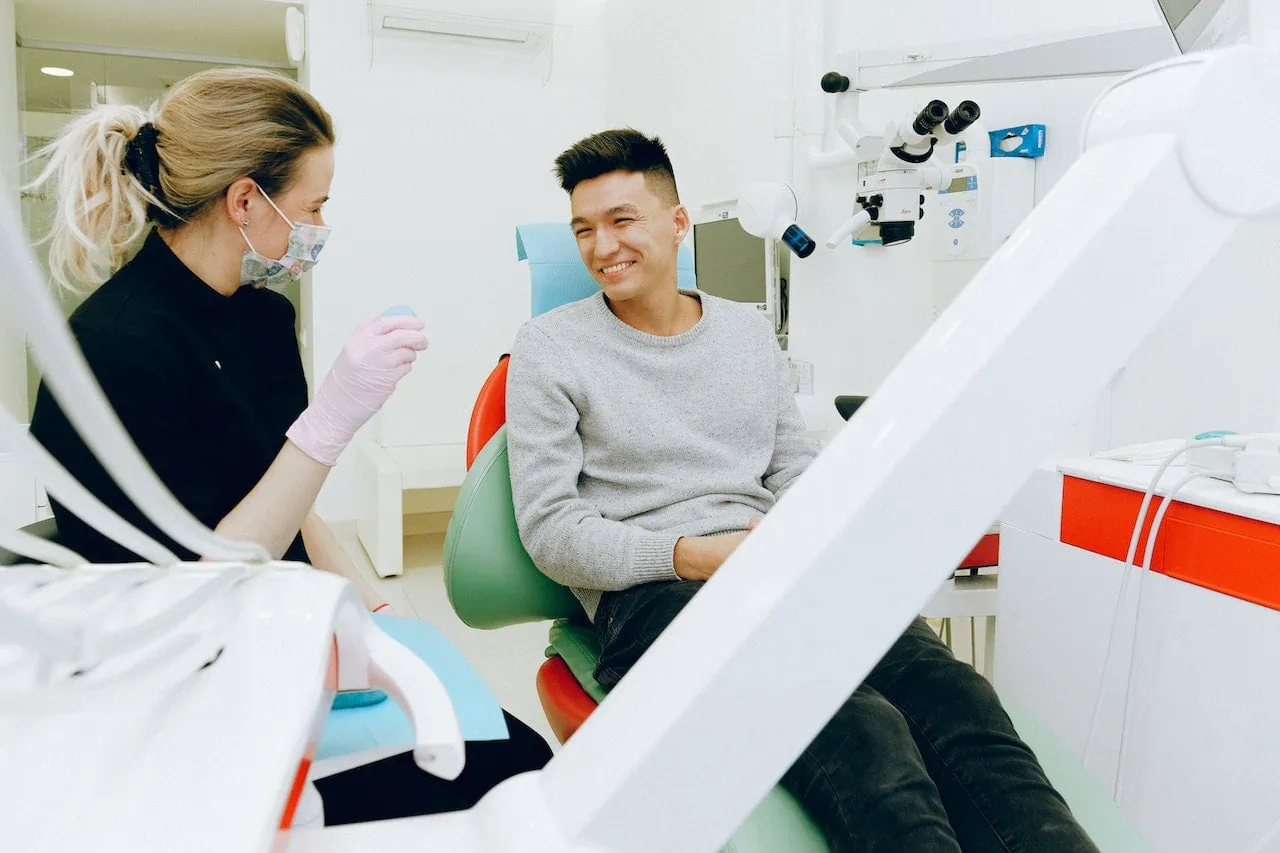
North Carolina Dentists Create an Opioid Action Plan
While doctors have been given many guidelines regarding opioid prescriptions, addiction, and recovery, dentists have been left somewhat on their own. Most young people who have dental surgery are given opioids for their recovery. Usually, these surgeries are wisdom-tooth-related. Unwittingly, this exposure at such a young age has dire consequences for some young people, leading to opioid addiction. In North Carolina, dentists have created an action plan to help prevent opioid use among young people.
American dentists typically prescribe 36% more opioids than their British counterparts. North Carolina dentists have created a plan to change this.
Dentists Usually Prescribe Young People's First Opioid
Research has shown that of 15,000 young people, ages 16-25, who received initial opioid prescriptions from their dentists in 2015, nearly 6% went on to abuse opioids. Some young people also get additional opioid medications from other doctors in the next six months to a year. However, it's not clear if they later misused opioids.
Teens with opioid use disorder are at high risk for overdoses. Deadly opioid overdoses amonU.S.S. adolescents 14 to 18 years old rose by 94% between 2019 and 2020. During the pandemic, they spiked even more as thU.S.US supply of drugs became tainted with fentanyl.
What Is In The Dentist's Opioid Action Plan?
The opioid action plan's primary focus is better education and options for prescribing dentists. Offering an alternative to opioids for dental procedures is essential. For example, dentists want to start working toward prescribing fewer opioids for wisdom tooth extraction. In addition, for many acute pain situations in dentistry, a combination of non-opioid medications can be used to manage pain. For example, some patients may take both ibuprofen and acetaminophen if the ibuprofen is not adequate.
Longer-term dental pain can also be managed without turning to opioids. Better training can help equip dentists to work on pain management with another professional who can prescribe alternatives to opioids. For example, neurologists can prescribe drugs such as antidepressants to help with nerve pain.
Getting Help with Opioid Use Disorder
If you or somebody you love struggles with opioid use (like addiction to fentanyl), we're here to help! We can see patients via telehealth in North Carolina and prescribe Medication-Assisted Treatment when appropriate.
Get the help you deserve to reclaim your life! Please call us at 910-295-7246.
If you are in need of help, please call us at: 910-295-7246 or message us.
Categories
News
